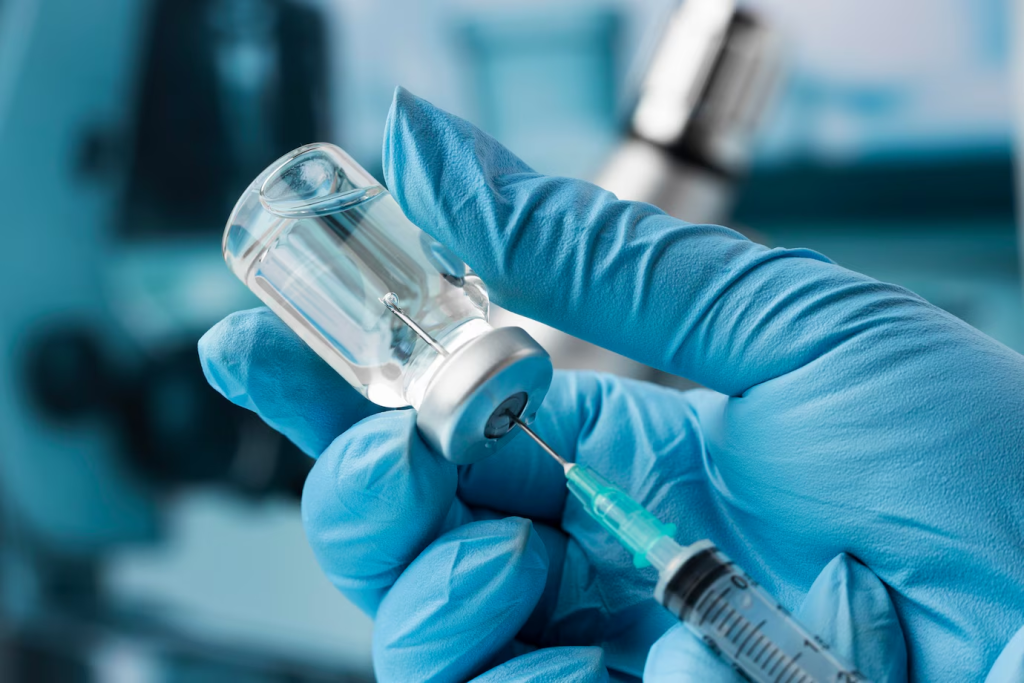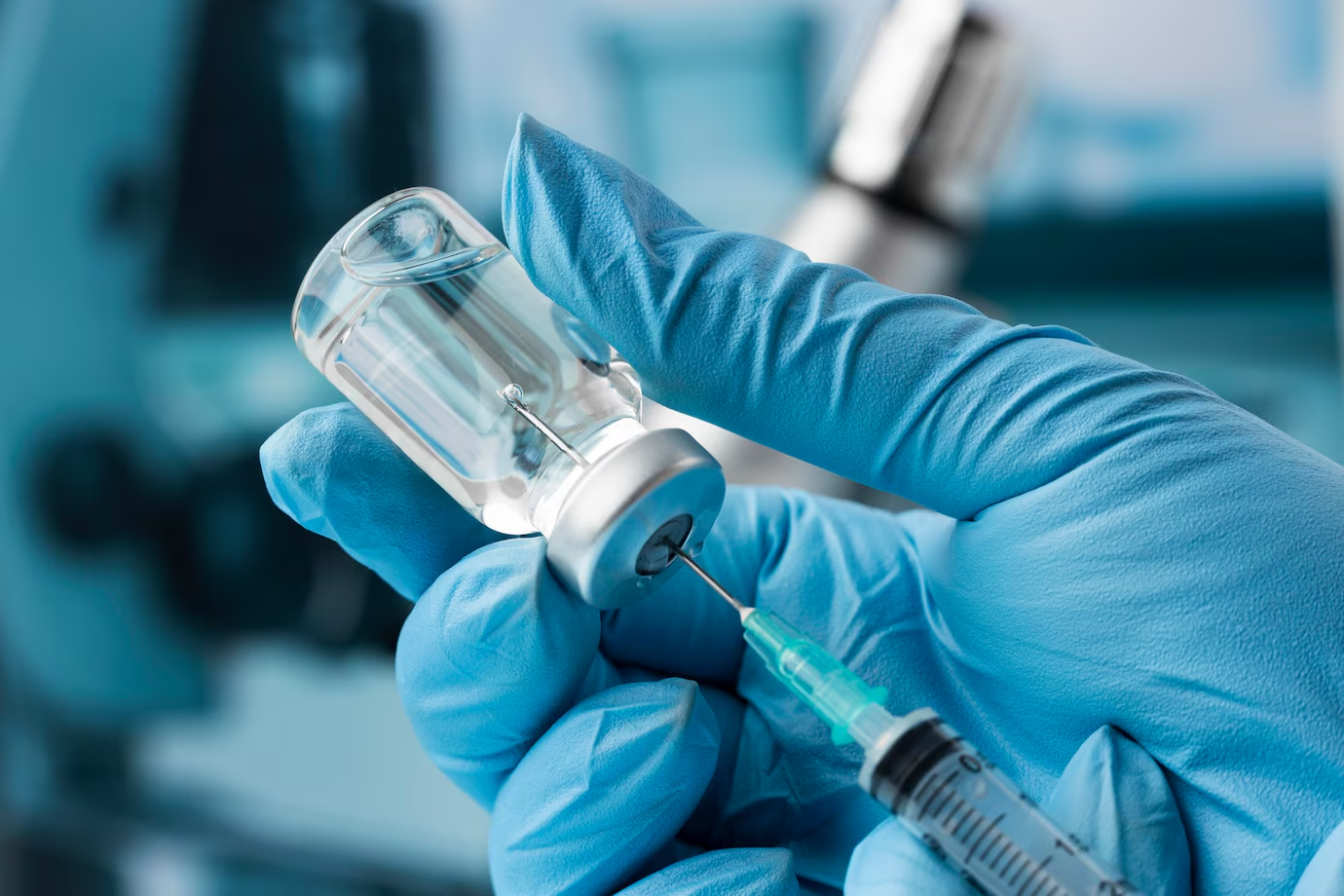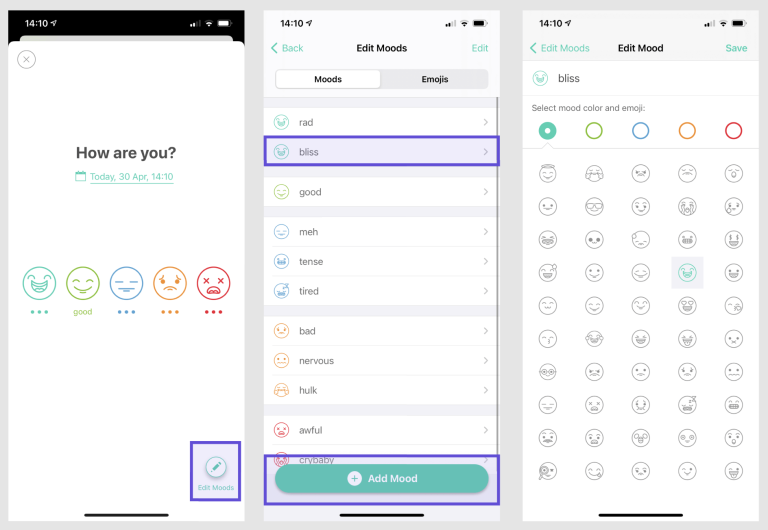Should I be worried about taking Covishield? Is the side effects of Covishield true? These questions must arise in your mind. Let’s go through the whole battle. Covishield, the AstraZeneca ChAdOx1 nCoV-19 vaccine manufactured by the Serum Institute of India (SII), has been at the center of a debate in India.
The controversy is the possibility of Thrombosis with Thrombocytopenia Syndrome (TTS) as a side effect. This concern is discussed on various social media platforms, and the concerns are valid. Let’s dive deep into the issue and separate fact from fiction.
What caused the dispute?
AstraZeneca, the pharmaceutical company, acknowledged in UK court filings that its vaccine can, in “very rare instances,” cause a blood clot-related side effect known as Thrombosis with Thrombocytopenia Syndrome (TTS).
This admission reignited anxieties in India, where Covishield was the backbone of the massive vaccination drive. On this concern, WHO said, “Knowledge about TTS following vaccination with a COVID-19 adenovirus vector-based vaccine is rapidly evolving. WHO will continue to monitor the situation closely for any changes that may affect this interim guidance and will update the guidance as needed.”
Key Points of Contention

1. Safety Concerns
The risk of TTS is very low, but it’s still important to be aware of it. The World Health Organization (WHO) has acknowledged this potential side effect. However, they highlight that the benefits of getting vaccinated against COVID-19 are greater than the risks of serious complications from the virus itself.
2. Government Role
Opposition parties in India are angrily criticizing the government’s position on the use of Covishield amidst recent reports. They argue that the decision-making process lacks transparency.
Moreover, they’re worried if the government really looked into other vaccine choices that could be safer than Covishield before deciding to stick with it. This scrutiny highlights a bigger discussion about how vaccines are chosen and whether public health is given enough importance in the country.
3. Misinformation and Fear-Mongering
Misinformation about Covishield is spreading like wildfire on social media, falsely connecting it to unrelated cases of deaths and illnesses. This barrage of false information is only adding to public fears and reluctance to get vaccinated. Experts warn that this wave of misinformation is not only causing unnecessary anxiety but also contributing to vaccine hesitancy, posing a significant challenge to public health efforts.
Indian health authorities, like the Indian Council of Medical Research (ICMR), have defended the safety and efficacy of Covishield. According to studies, there is no link between Covinshield and heart attacks. Some people raise concerns about it. They need to stay calm, as nothing is mentioned in the studies regarding the issue. WHO is maintaining the situation to give a clear picture of this.
Looking ahead, it’s important for the Serum Institute of India (SII) to be transparent and communicate clearly with the public. By openly addressing concerns and sharing information effectively. Also, they can take some action to fight against the spread of misinformation.
They need to continue monitoring vaccine safety. This means keeping a close eye on any potential rare side effects and taking swift action to address them. Offering a variety of vaccines as they become available gives people more choices. This can cater to individual preferences and address any specific risk factors people may have.
To summarize the above, the Covishield row highlights the causes of the dispute and says that there are very rare cases of TTS addressed by AstraZeneca. This misinformation creates panic among people, which is valid. To reduce stress, WHO says there is no need to worry. They are analyzing the situation.
Vaccination remains our strongest weapon against COVID-19. It’s important to carefully consider the advantages compared to the incredibly uncommon risks. Indian health authorities acknowledge that there is no link between Convishield and heart attacks. Studies are being done on the situation and the risk for better assurance.





